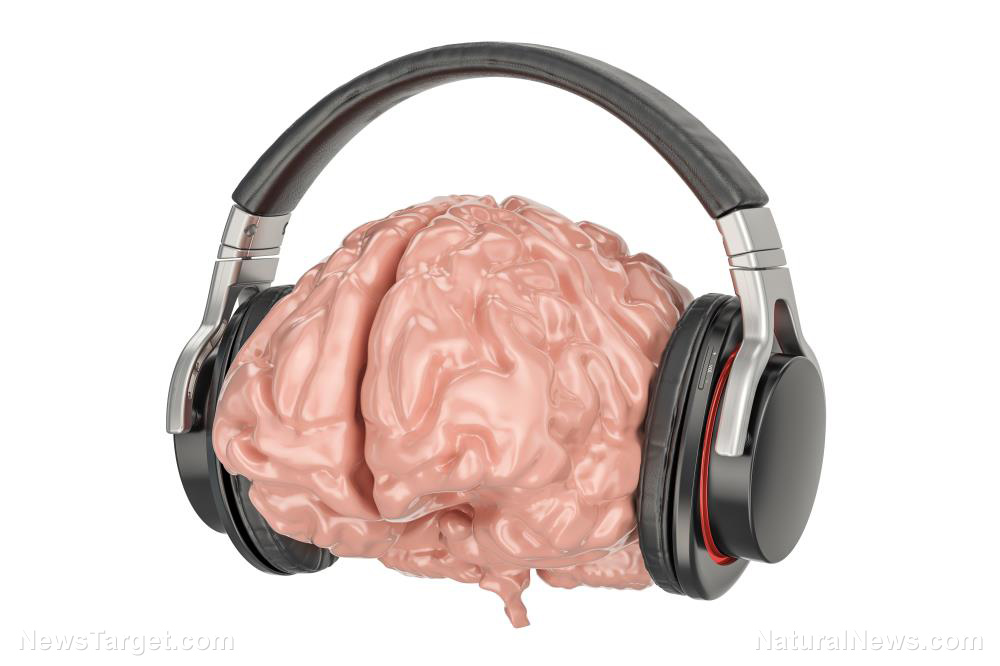When it comes to IBS, treating both mind and body is important
12/13/2019 / By Grace Olson

One of the challenges of treating irritable bowel syndrome (IBS) is its unclear etiology. However, a recent study revealed that its symptoms are closely linked to both gut and brain health.
The study – a collaboration among researchers from the University of Gothenburg in Sweden, Katholieke Universiteit Leuven in Belgium, and the University of North Carolina at Chapel Hill – found that brain and gut dysfunction could impact the severity of symptoms related to IBS. The team posited that treating these conditions simultaneously may help alleviate the symptoms of IBS.
They published their findings in Gastroenterology.
The gut and the brain are connected
Irritable bowel syndrome is the most commonly diagnosed functional gastrointestinal disorder in the U.S., affecting up to 15 percent of American adults. It’s classified as a functional disorder since it inhibits daily bodily functions – even if results from conventional medical tests look normal.
There are many factors to consider. For one, the gastrointestinal (GI) tract has a lot of components to account for. The GI tract includes the stomach, the small intestine and the colon, along with their bacterial ecosystems. Furthermore, the GI tract is heavily influenced by the immune and nervous systems. Any changes in these two are most likely to affect gut health as well. (Related: Moxibustion may improve IBS by stimulating gut microbiota.)
In the current study, the researchers pointed out that the relationship between the gut and the brain was more closely linked than what was previously thought. To find out more, they gave questionnaires to 407 participants who were assessed for functional gastrointestinal disorders in Sweden from 2002 to 2014. These helped measure intestinal abnormalities in terms of sensitivity and motility. They also included psychological factors, like anxiety and depression. Lastly, the researchers gathered data on patients’ perceived overall quality of life.
Their findings revealed that people who experienced several abnormalities that contribute to IBS – both physical and mental – were also the ones who ranked high in terms of severity to symptoms. Moreover, they also reported the lowest quality of life.
Simply put, as the number of abnormalities increased, the symptoms of IBS also gradually worsened. Addressing these abnormalities at the same time may help individuals who suffer from IBS, their study suggested. Researchers noted that further studies, especially clinical trials, are needed in order to test this theory.
Alleviating the symptoms of IBS
The main cause of IBS is not clear, and there is no single treatment for it. Most efforts to alleviate its symptoms center on improving gut health. However, the study has shown that mental health is important as well. To treat IBS, a person needs to take care of both systems.
Here are some ways to address IBS:
- Eat foods rich in fiber. Foods rich in fiber include fruits, vegetables and whole grains. Aside from contributing to heart health, they also prevent constipation. Fiber-rich foods also help in relieving depression. However, some people do not respond well to a high-fiber diet. For those people, it would be better to eat soluble fiber (fruits and vegetables) rather than whole grains.
- Reduce alcohol and caffeine intake. Alcohol and caffeine are known to worsen IBS symptoms. Alcohol affects intestinal motility and irritates the gut. Caffeine increases cortisol, which affects gut-brain dynamics. People with mental health problems also tend to abuse these substances.
- Savor eating food. Mindfulness helps improve mental health, especially anxiety, by staying focused on the moment. While eating, take the time to savor the food and chew thoroughly. This also breaks down food for easier digestion. Avoid eating while watching television because it often causes people to overeat.
IBS has negative effects on daily life and work productivity. However, despite it being so common, much is still unknown about it. This study offers valuable insight into IBS and how gut and brain health related to it.
Learn more about similar conditions linked to physical and mental health at MindBodyScience.news.
Sources include:
Tagged Under: beatdepression, brain health, cognitive health, disease treatments, functional gastrointestinal disorder, gastrointestinal tract, gut health, IBS, irritable bowel syndrome, natural cures, pain relief
RECENT NEWS & ARTICLES
COPYRIGHT © 2017 MIND BODY SCIENCE NEWS



















